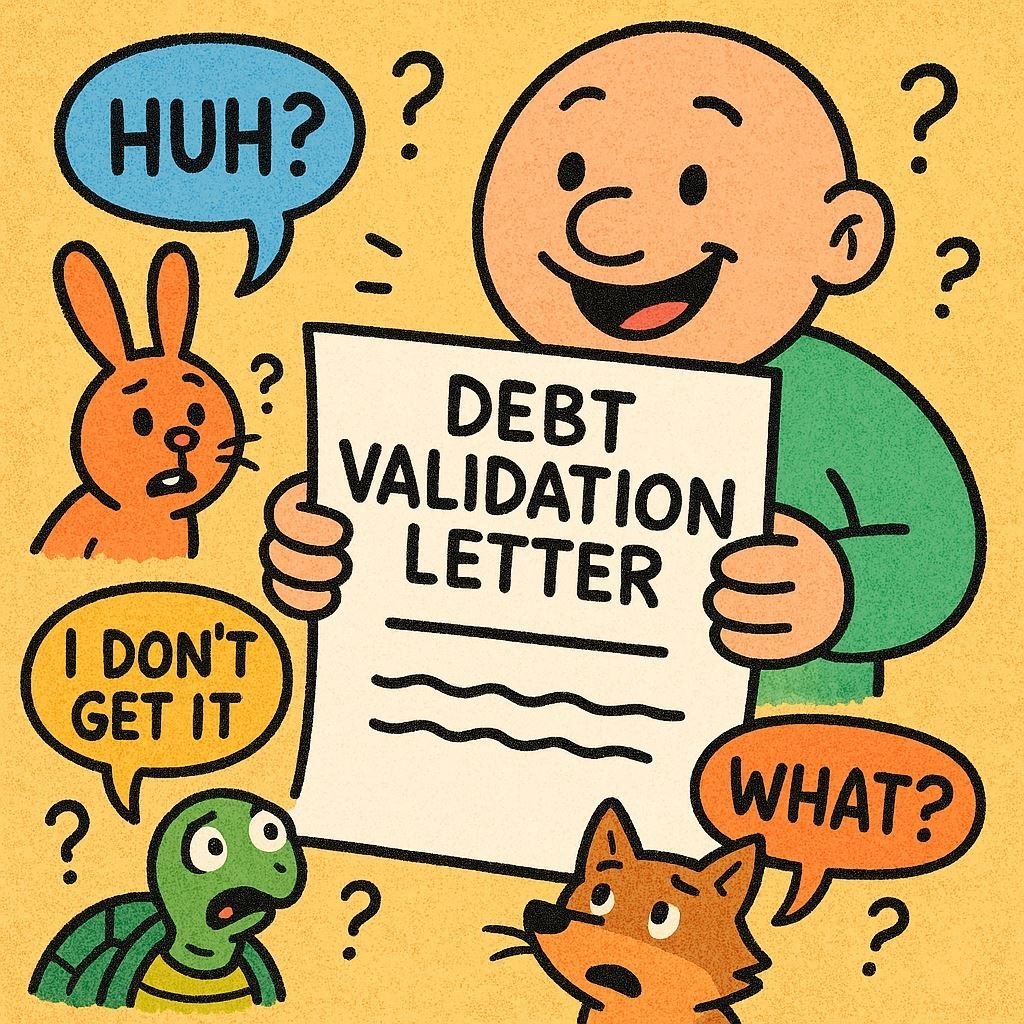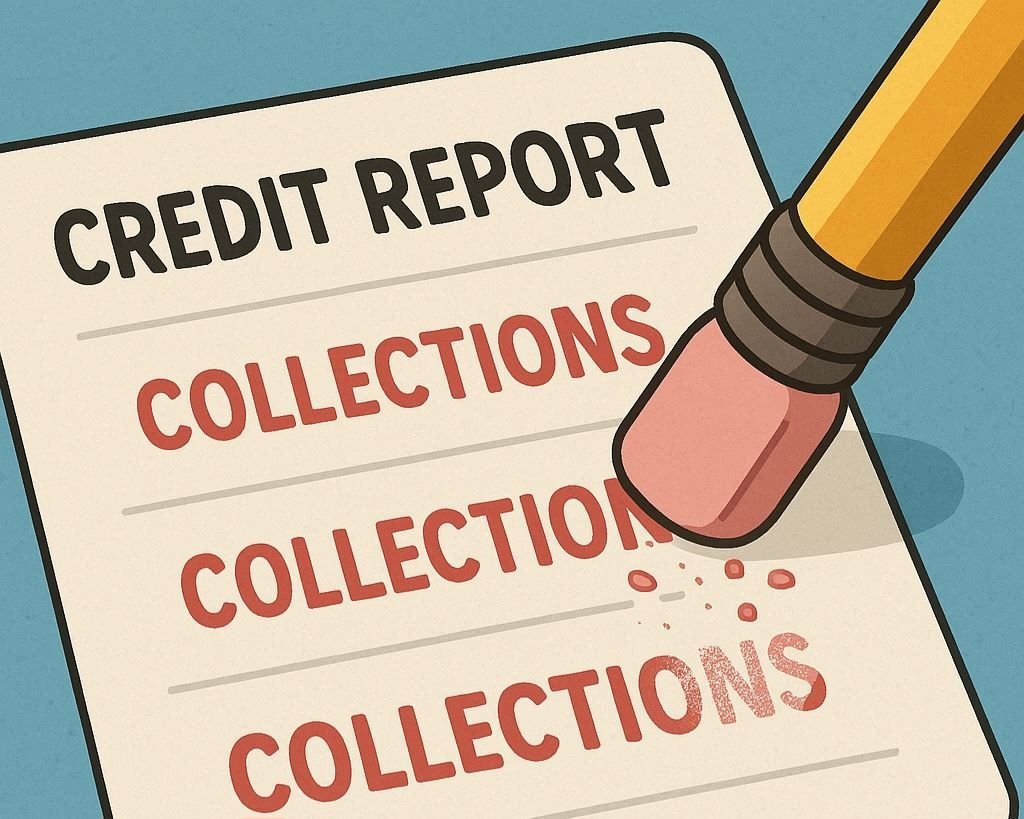A debt validation letter is a written notice that debt collectors must send you within five days of first contacting you. It outlines important information about the debt and gives you the right to dispute it. This notice is designed to protect consumers and ensure transparency in the collection process.
What Should the Letter Include?
According to federal law, the debt validation letter must contain the following:
- The amount of the debt
- The name of the current creditor
- A statement that the debt will be assumed valid unless you dispute it within 30 days
- Information on how to dispute the debt in writing
- A statement that, upon written request, the collector will provide the name and address of the original creditor (if different)
Why This Letter Matters
This letter is your opportunity to review the details of the debt and take action if something doesn’t look right. If the debt isn’t yours, has already been paid, or seems suspicious, this is your chance to challenge it. Ignoring it could result in negative marks on your credit report or even legal action.
What to Do After Receiving One
Once you receive a debt validation letter, read it carefully. If you believe the debt is incorrect or you simply want verification, you have the right to send a written dispute letter within 30 days. During that time, the debt collector must pause all collection efforts until they provide written verification of the debt.
Sending your dispute in writing is important because it triggers your legal rights and gives you documentation of your response.
You can also send a written dispute to the credit bureaus who will then start an investigation. Here is a debt dispute letter template you can use.
Bottom Line
Receiving a debt validation letter doesn’t mean you’re in trouble — it means a debt collector believes you owe money and is legally required to notify you. Take it seriously, but don’t panic. Review the details, know your rights, and respond within 30 days if you have any doubts. Understanding this process is a key step in protecting your credit and financial future.





